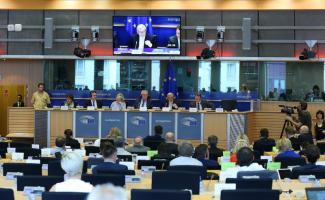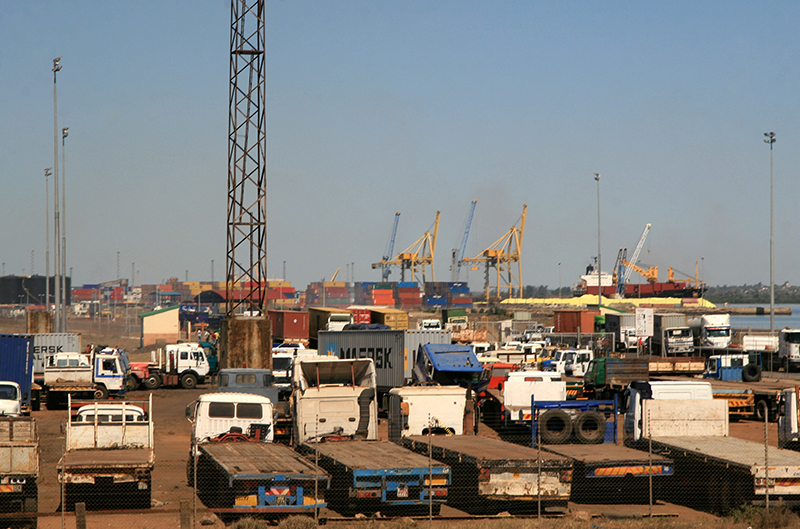International initiatives
Battling tax evasion

The EU Accounting Directive has been criticised for only addressing illegal corruption. Critics contend that it does little to prevent more subtle cases of legal, but morally questionable tax avoidance. The relevant data is still being concealed. Non-governmental activists believe that greater public pressure is needed to ensure proper behaviour as well as more rigorous investigation of corporate practices.
At the moment, the European Parliament and the European Commission are debating what information companies should be required to disclose and which companies would be affected. The Commission’s proposal does not go as far as the Parliament’s. Like the Accounting Directive, which only applies to the commodities sector, it would do little to remedy the unsatisfying current situation.
In regard to double taxation agreements, so-called anti-abuse rules have been proposed. However, NGO activists and members of the European Parliament feel that these proposals are not really addressing the problem. The reason is that it will be very difficult for commodities-rich countries to prove that companies have taken advantage of loopholes. To apply the anti-abuse rules of double taxation agreements, governments would have to provide such proof.
In order to stop transfer mispricing, donor governments’ bilateral development agencies are training staff of tax authorities in commodities-rich countries, teaching them to look for the signs. Detecting the practice is not easy. But NGOs do not think these measures go far enough. They want the OECD (Organisation for Economic Co-operation and Development) to adopt an entirely new approach called “unitary taxation”. It would apply to the entire profits of a corporation, including those of all of its subsidiaries. According to a formula that would be determined at the international level, all countries in which the company is active would then be entitled to tax a specific share of the profit. Unitary taxation would help to ensure that companies are taxed on the basis of their actual value and profit. The approach would also help to stem tax avoidance. (nb)









